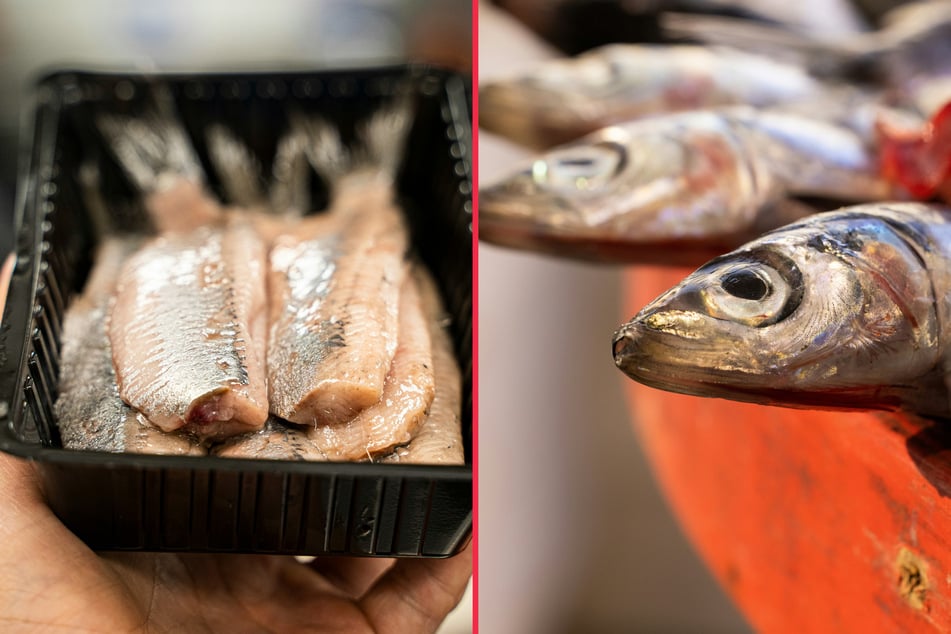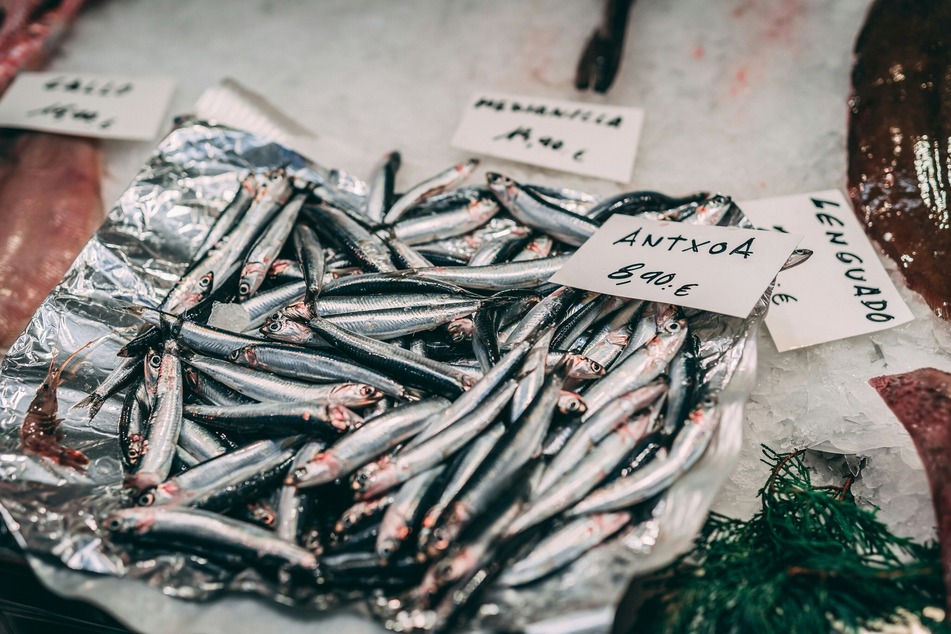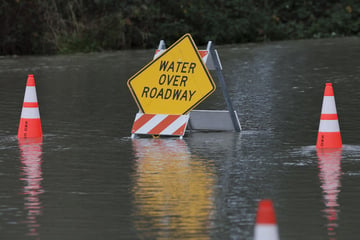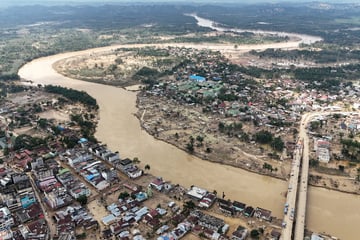Here's how eating this unusual food could save lives!
Australia & Japan - New research into the potential health benefits of fish suggests that swapping red meat for the likes of herring and sardines could prevent up to 750,000 deaths every year.

With mounting evidence suggesting that red meat like beef and lamb are linked with health risks in humans, as well as environmental destruction, scientists in Australia and Japan undertook research into whether forage fish – or fish often used as bait – could pose a more sustainable replacement.
Now, in a study released in the journal of BMJ Global Health, it has been revealed that the swapping of red meat for fish like herring, sardines, and anchovies could potentially prevent 750,000 deaths every year and significantly reduce emissions as well.
Having collected data in more than 130 countries, it was discovered that such a diet would reduce the risk of heart disease across the globe, with a disproportionately positive impact in the developing world.
How will forage fish save the world?

Red meat has long been associated with heart disease as well as diabetes, and it's known to be an industry that produces huge greenhouse emissions. By replacing red meat with such fish, scientists hope to improve both issues.
While the latter point is undisputable, the former is a tricky area, with many studies both supporting and negating the claim that red meat is linked to serious health effects. One 2022 study, for example, found only "weak evidence" for an association between red meat and various health issues.
The forage fish study, however, argues that "Compared with red meat, seafood not only provides a higher concentration of essential nutrients, but also prevents diet-related non-communicable diseases."
"Our study demonstrates that the adoption of forage fish as a red meat alternative would potentially offer substantial public health benefits... particularly in terms of reducing ischaemic heart disease."
Additionally, forage fish have a far lower carbon footprint than any other animal food source. It is pointed out that about 75% of forage fish are used to produce other products like fish sauce or fish oil instead of being directly eaten.
By simultaneously increasing the global consumption of forage fish, scientists predicted that more than 750,000 annual deaths could be avoided, and significant reductions in greenhouse gas emissions could be measured.
"Such a substitution could avoid 0.5-0.75 million deaths and 8-15 million disability-adjusted life years, concentrated in low- and middle-income countries... Our analysis suggests that forage fish is a promising alternative to red meat."
Cover photo: Collage: Unsplash/Paul Einehand/Engin Akyurt







